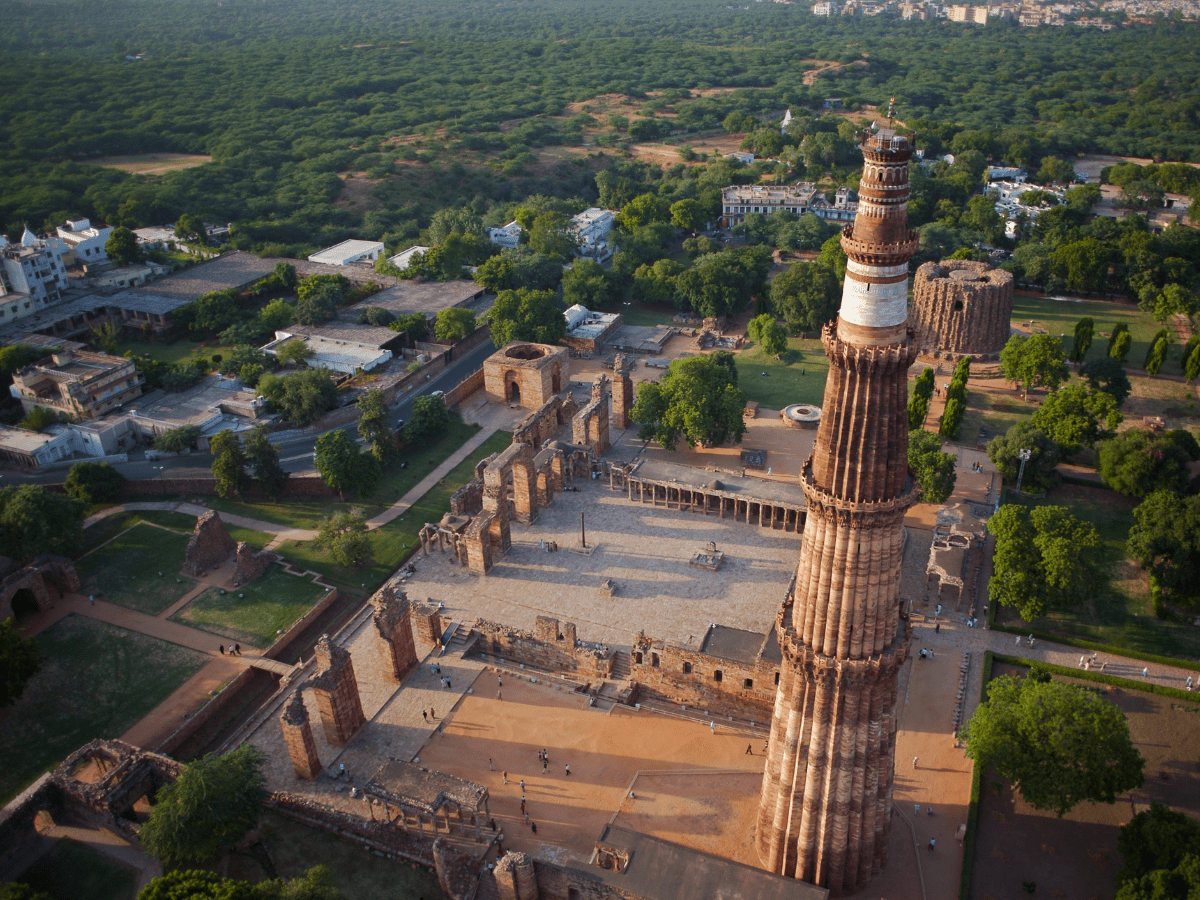
Delhi: The debate on UNESCO world heritage site Qutub Minar has left the country divided into two. One who are claiming their right to worship the deities buried beneath the Qutub Minar are denied, and the other side which wants to leave the historical monument as is.
The country is seeing a trend of unearthing old temples from beneath historical monuments. There have been multiple instances of the judiciary being dragged to settle these religious claims.
It started with the demolition of Babri Masjid, and the recent Gyanvapi mosque, the Taj Mahal, and multiple issues of mosques being demolished, or vandalised in two tier cities across the country.
Siasat.com spoke with a former professor and senior medical officer affiliated with the Indian Institute of Technology (IIT) Bombay Ram Puniyani on this issue.
When asked if the 1992 Babri demolition has emboldened the masses, Puniyani said, “To generalize things, there have always been myths and claims that the Muslim rulers in the past demolished Hindu relics and constructed various monuments over it. However, post Babri’s demolition, political parties rode on the momentum of hate to come to power. Ever since, attempts at polarizing the masses and segregating people based on their religion has increased.”
For years now, Qutub Minar has been a favourite spot for school picnics. The children never thought of what religion the monument belonged to. There seems to be angst among the same people who grew up now. What is causing this hatred, and what is Qutub Minar’s story?
“The history and origin of the Qutub Minar is etched on the very stones it is built of. During the thirteenth century, there used to be a common practice amongst the people. Whenever a temple or any other religious structure would weaken, or be on the verge of breaking down, the building would be brought down. The debris from the site would then be used to construct a stronger monument in its place. If you read the script on the Minar, it does not indicate the presence of a temple before it.”
According to Archaeological Survey of India (ASI), it dismissed the claims of the existence of a temple complex. In response to a plea before a Delhi Court, ASI stated, “the Qutub Minar is not a place of worship and that the existing status of the monument cannot be altered.”
“There is no doubt that Qutab-ud-din Aibak built the Qutub Minar, and no temple existed before it, however, these contradictory beliefs can certainly be used to polarize the nation.”
The Qutb Minar and its Monuments complex is owned by the Government of India and managed by the Archaeological Survey of India (ASI).



